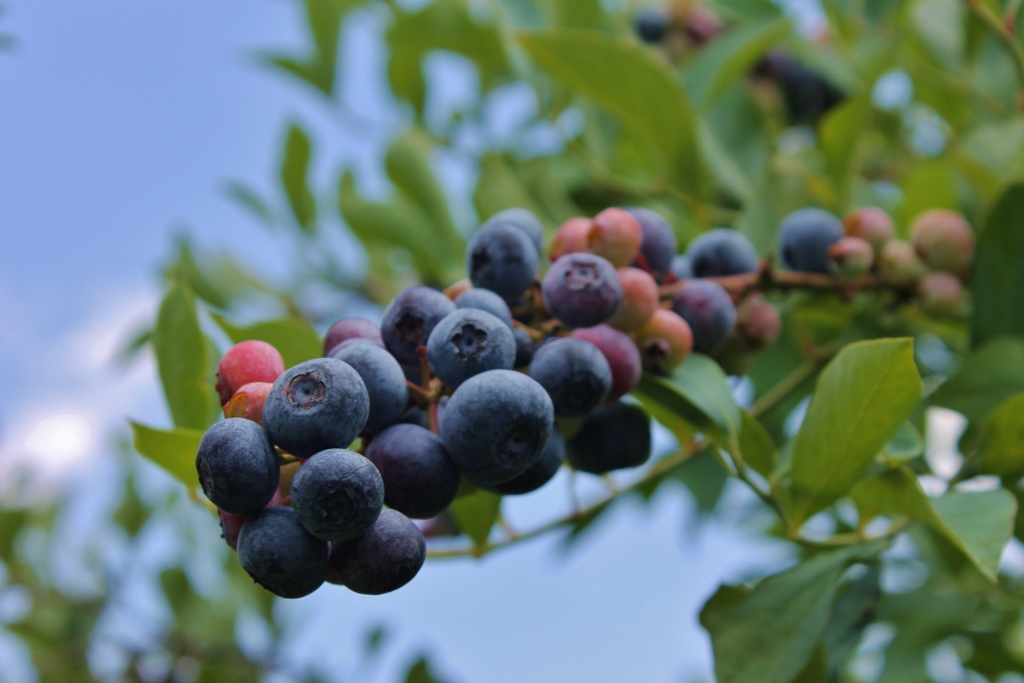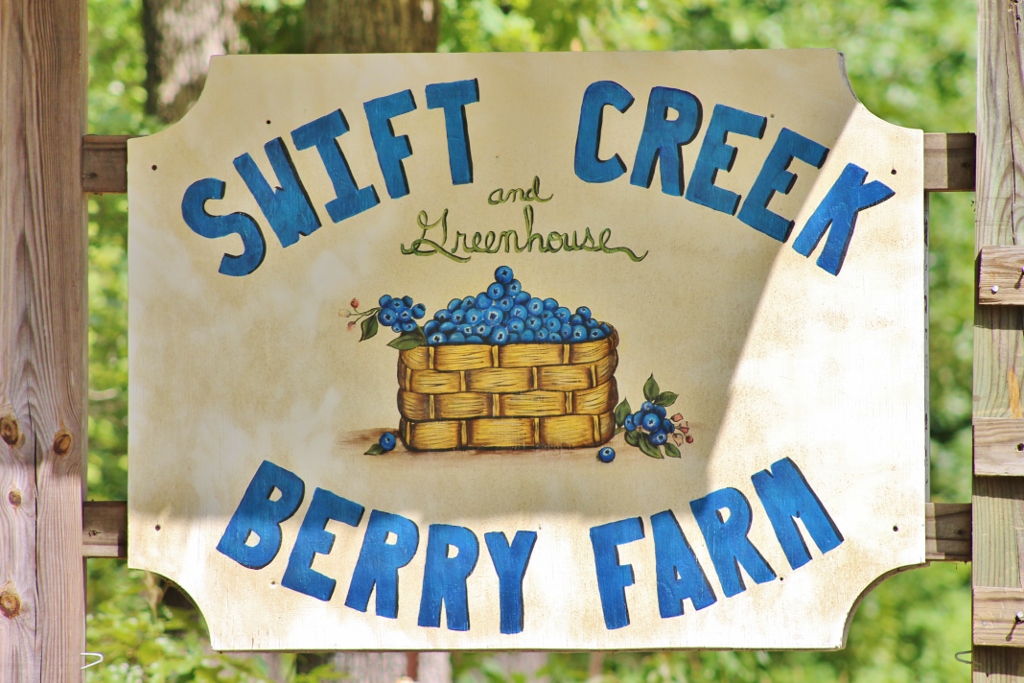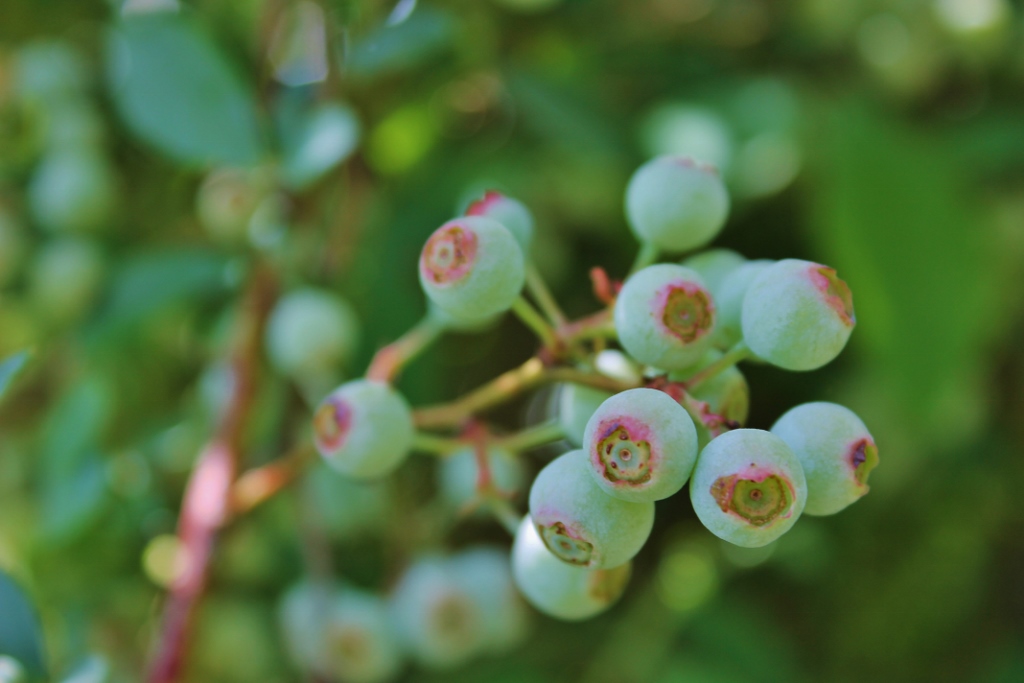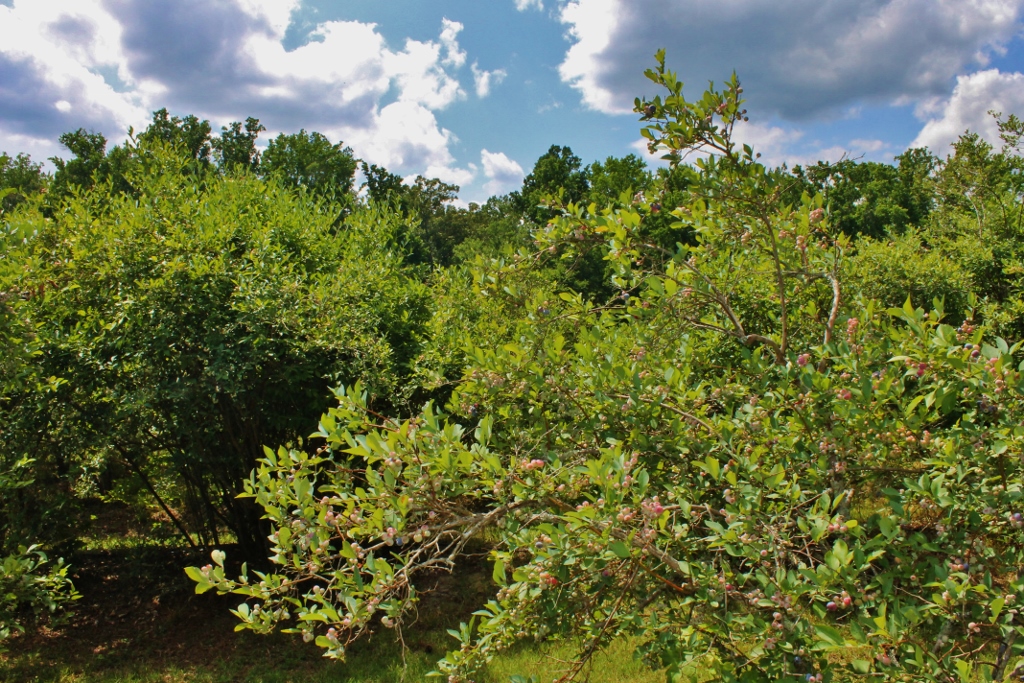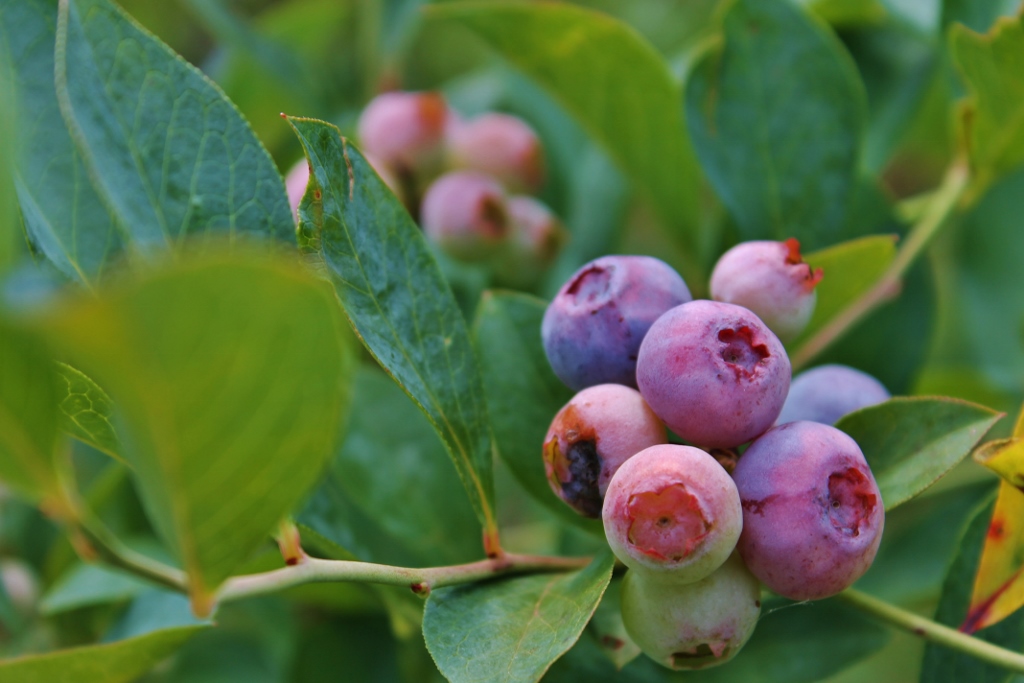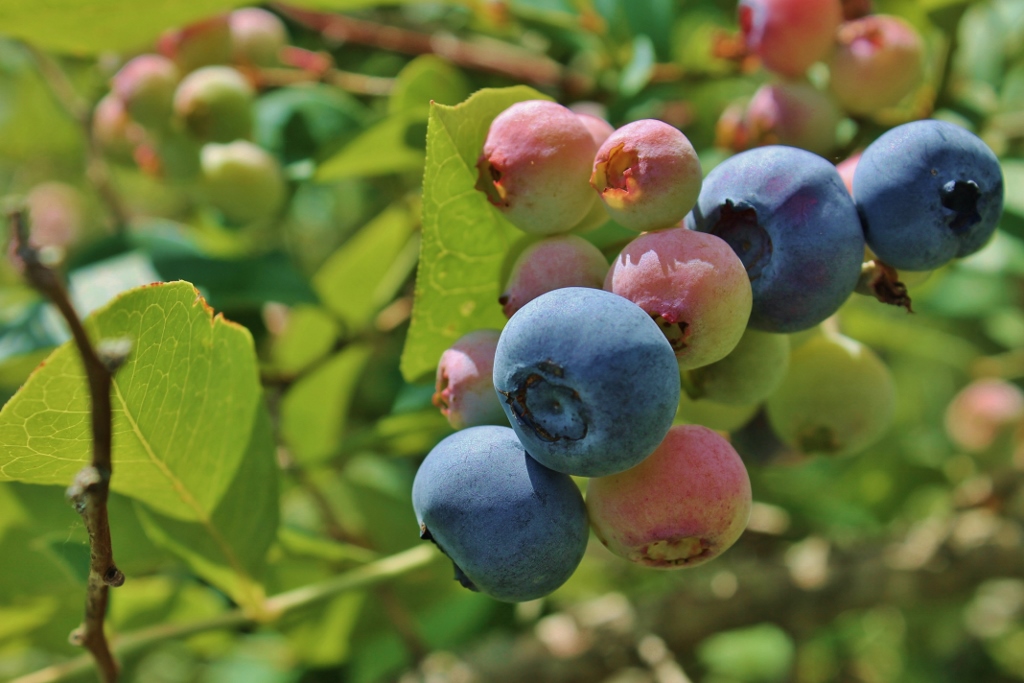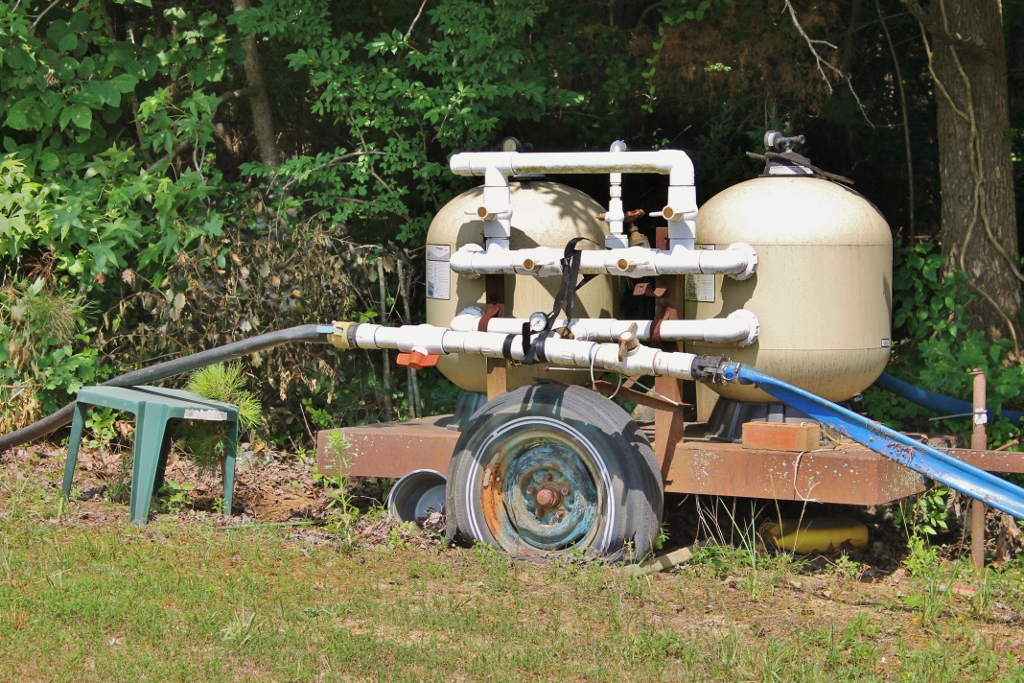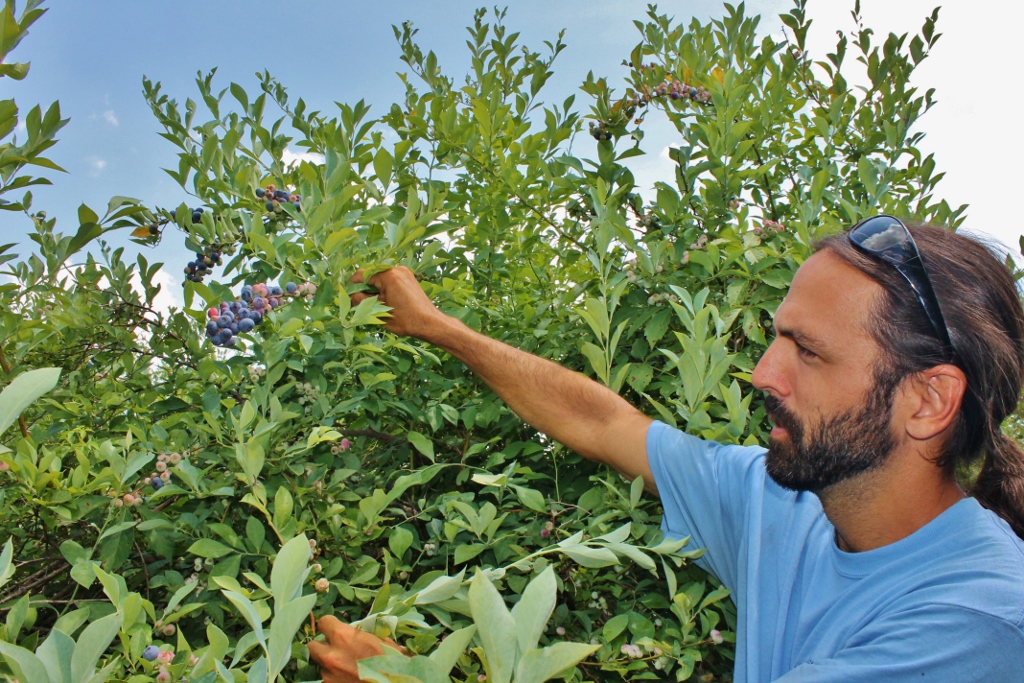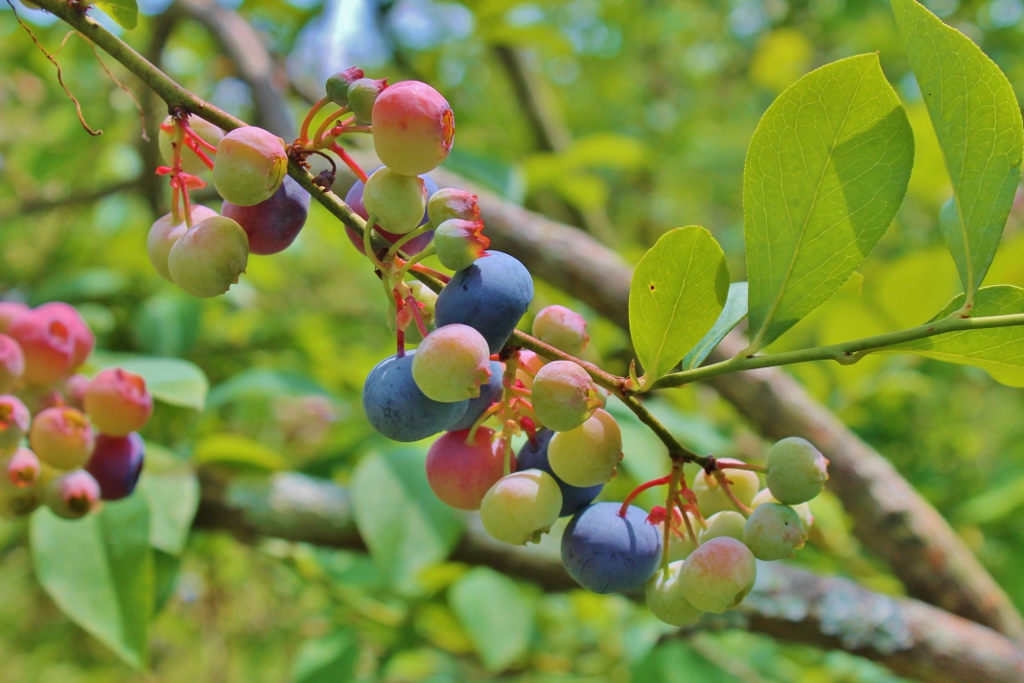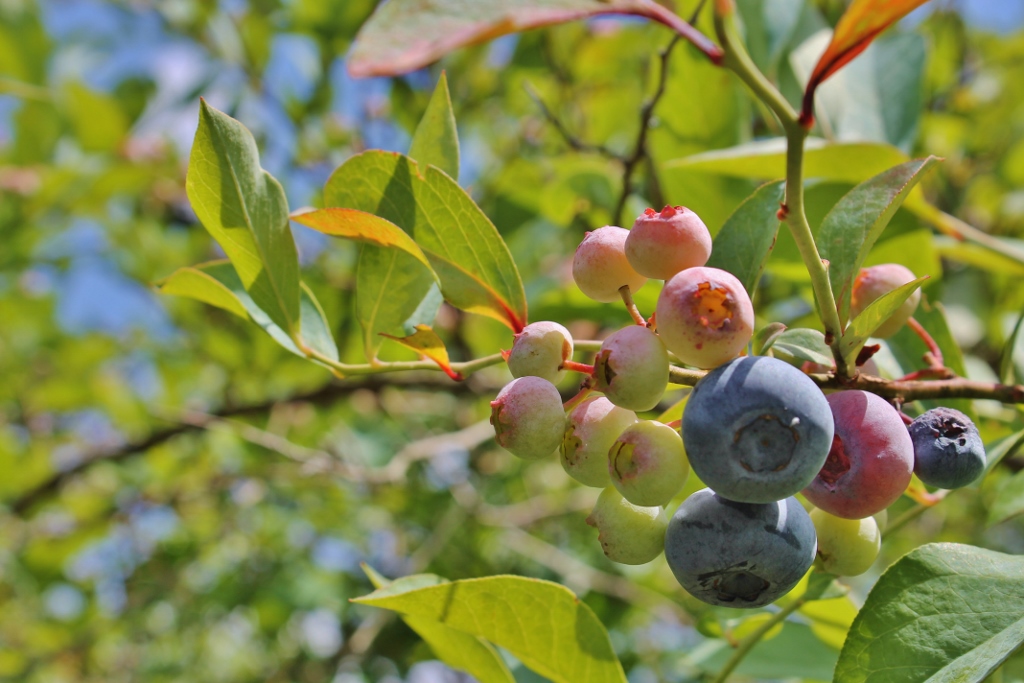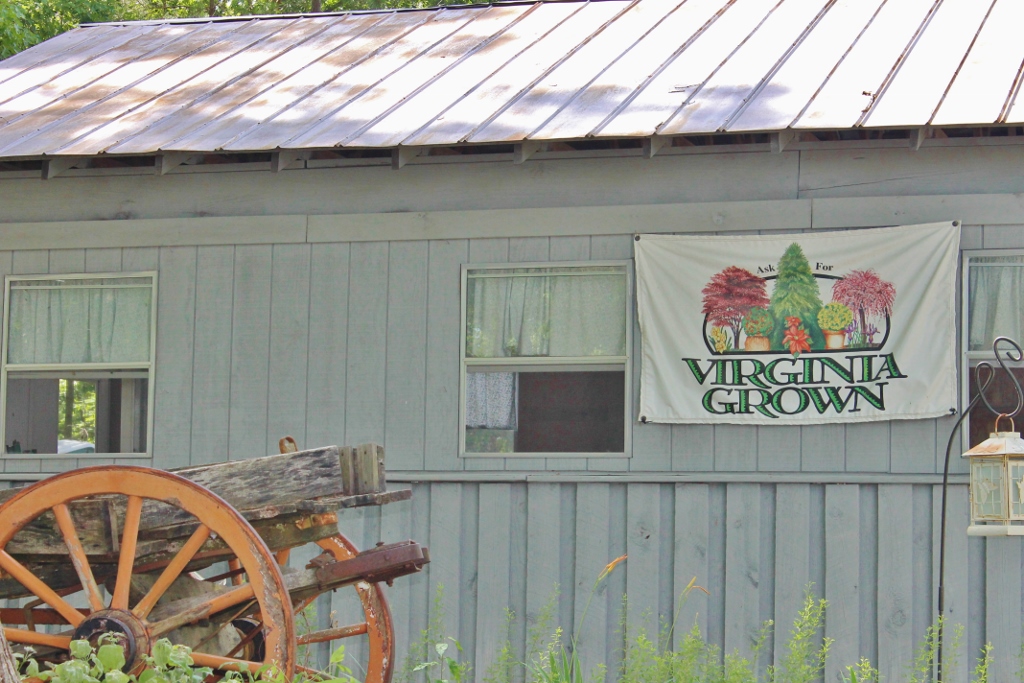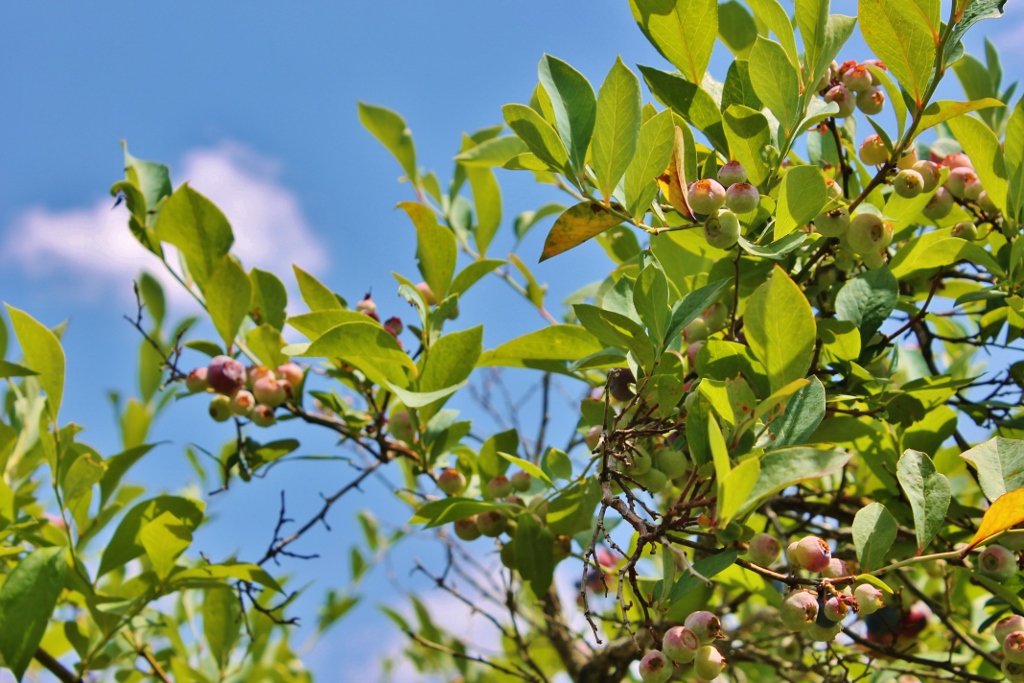Although the business has grown and changed quite a bit in the last thirty years, it has roots tracing back to the late 1800s when Joseph Tiberus Goode bought land in a part of Chesterfield County known as Moseley and raised sheep, tobacco, and vegetables for the Richmond market. Today, Clyde and Kathryn Goode alongside sons David and Jonathan and daughter Kimberly carry on what Joseph started at the Moseley farm, albeit with a bit of a twist. There is no longer a mule-drawn cart and travel to Richmond involved, and instead, visitors come to the u-pick operation to harvest their own berries and introduce their children to the fun tradition.
Back when Joseph Goode passed away, the land was unfarmed until Clyde and Kathryn began growing a large garden on their property and then dove into the world of blueberry production in the 1980s. Virginia Cooperative Extension played a role in the transformation, as now-retired Extension agent Michael Henry assisted the family with the transition to the new crop. As time went on, the blueberry acreage increased. The family transitioned to Rabbiteye varieties after seeing that they offered better performance than the Northern Highbush varieties in the farm’s location.
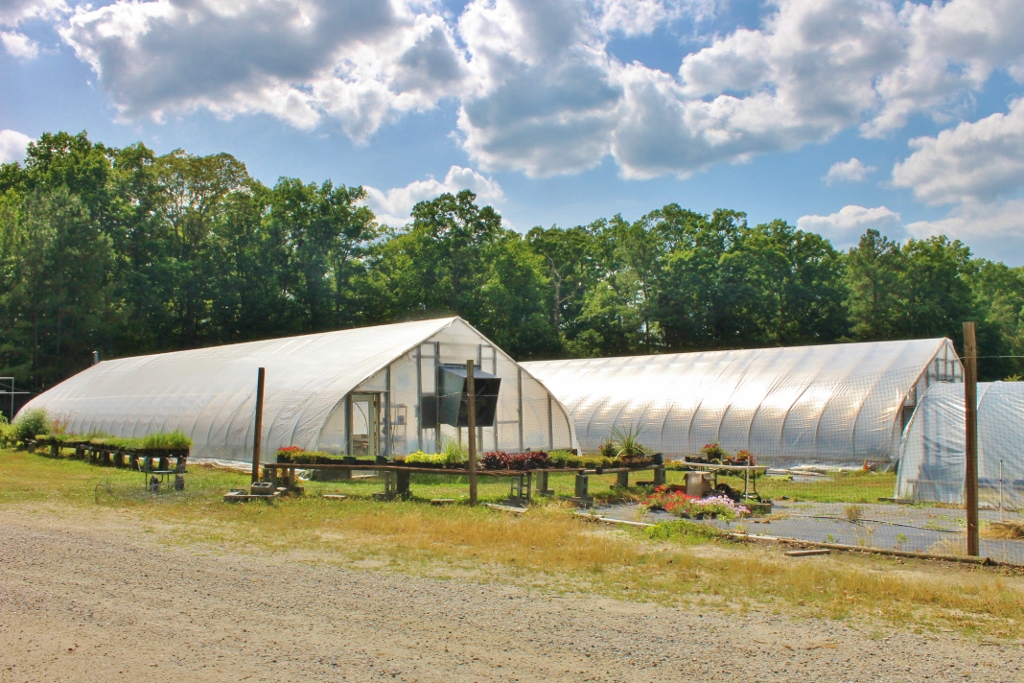 The farm has added several greenhouses in the past two decades in order to offer high-quality spring and fall plants and vegetables to customers, and David even has his own business, Piedmont Hops, growing on part of the property. The Goode family understands that diversification of products and income is the key to success for a direct-market operation like Swift Creek Berry Farm, enabling customer engagement outside of the summer blueberry season.
The farm has added several greenhouses in the past two decades in order to offer high-quality spring and fall plants and vegetables to customers, and David even has his own business, Piedmont Hops, growing on part of the property. The Goode family understands that diversification of products and income is the key to success for a direct-market operation like Swift Creek Berry Farm, enabling customer engagement outside of the summer blueberry season.
Visitors look forward to returning to the farm each year when berries start ripening in late June. What they may not see is the incredible amount of work required to maintain the plants. Back in the eighties, the Goode children were enlisted to help plant, prune, harvest, and maintain the plants, and the work has never really stopped. Blueberries must be pruned annually to stimulate the growth of fruiting canes, prevent overgrowth, and remove any disease. For several thousand plants, this is a monumental task that requires hours of hand labor. Since rain is never a guarantee in central Virginia, the farm uses a drip irrigation system, which must also be maintained and monitored. During the summer months, cleanup and weed control is a high priority to ensure that customers can walk comfortably between the long rows of plants. The Goode family opts to control weeds using mowing, hoeing, hand removal, and weedeaters. They also strive to protect the natural resources around them by utilizing “BMPs,” or Best Management Practices, to maintain their crop and forest land.
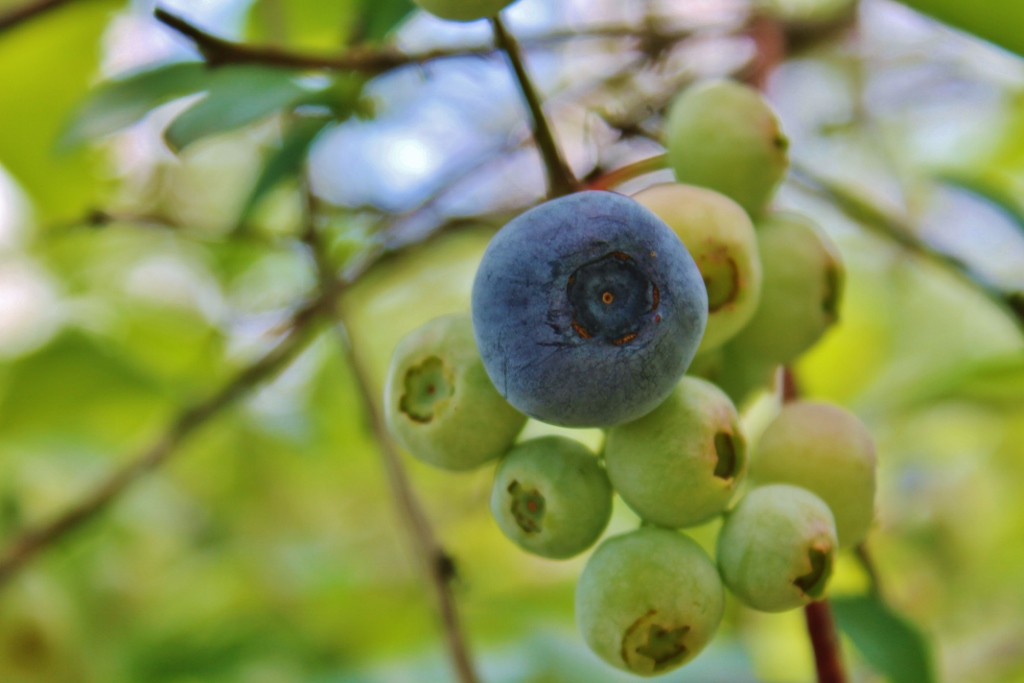 In a growing county like Chesterfield, direct-market operations like Swift Creek Berry Farm and Greenhouse offer a rare and valuable opportunity for people to engage with producers, support local businesses, and get a taste of farm life. Many adults fondly recall childhood memories of berry picking and are eager to introduce their children to the experience, and customers who bring home whole buckets of berries at a time to bake a pie or cobbler find a great deal of satisfaction in the endeavor. The blueberry season may be fleeting and the year-round work behind the scenes may be taxing, but the Goode family provides an experience to the community that simply cannot be found at the grocery store.
In a growing county like Chesterfield, direct-market operations like Swift Creek Berry Farm and Greenhouse offer a rare and valuable opportunity for people to engage with producers, support local businesses, and get a taste of farm life. Many adults fondly recall childhood memories of berry picking and are eager to introduce their children to the experience, and customers who bring home whole buckets of berries at a time to bake a pie or cobbler find a great deal of satisfaction in the endeavor. The blueberry season may be fleeting and the year-round work behind the scenes may be taxing, but the Goode family provides an experience to the community that simply cannot be found at the grocery store.
Additional Resources for Readers:
Swift Creek Berry Farm and Greenhouse website
Swift Creek Berry Farm and Greenhouse Facebook page
Virginia Cooperative Extension Publication: Specialty Crop Profile-Blueberries
Virginia Cooperative Extension Publication: Small Fruit in the Home Garden

